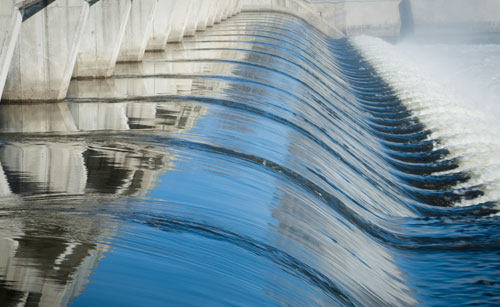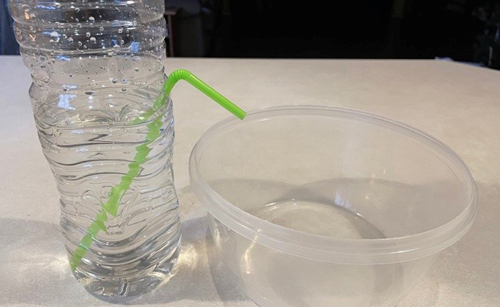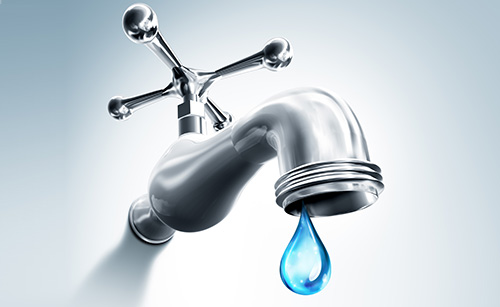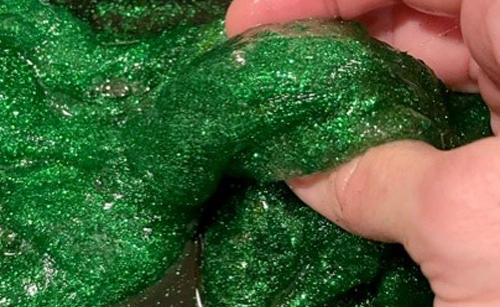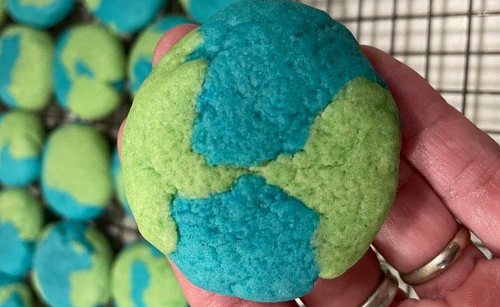Water in Clark County, Washington
We’re surrounded by water in Clark County. From Vancouver and Lacamas Lakes to the Columbia River, it seems like water is everywhere — not to mention our average rainfall of 51 inches a year! Clark Public Utilities provides water to about 17% of Clark County, mostly in the northwest areas. Many cities and towns like Vancouver, Camas, and Battle Ground have separate systems that deliver water to homes and businesses in those areas.
Clean water is vital for human life and the ecosystems around us. Let’s take a dive into Clark County’s water!
Some interesting facts about Clark Public Utilities
Clark Public Utilities manages 23 independent water systems throughout the county. A few other interesting facts about our capacity:
Gallons per year for a home in Clark County
Gallons per day our 35 wells can pump
Gallons of storage of our 33 reservoirs
Miles of distribution line

Here in Clark County, we use electricity that is mostly generated by water! Learn more about hydropower.
Water cycle and supply
Water travels an incredible path from the clouds to our kitchen sinks and back again. Our water supply systems collect, store, and distribute water as it moves through the water cycle. Some cities and townships may get water by pumping it from a lake, a reservoir, a river, or a well. Water is treated, or cleaned, at water treatment plants to ensure it’s safe to drink. Then it moves through underground pipes to reach all of the buildings in our county.
Water conservation is key
Water is a renewable resource but it’s not unlimited. We can use it faster than it will replenish. That’s why it’s so important to conserve it! Water may seem plentiful in Clark County, but across the globe, only a small percentage of the Earth’s total water is available for people to use. Being smart about our water use means that there will be enough to go around now and into the future.
Understanding water quality
Clean water is necessary for the health of people, animals, and our ecosystem. There are many ways that humans can affect water quality. Homes, farms, cities, and even natural influences can all impact the cleanliness of our water, which can have serious effects.


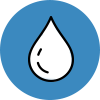 Water Conservation
Water Conservation
